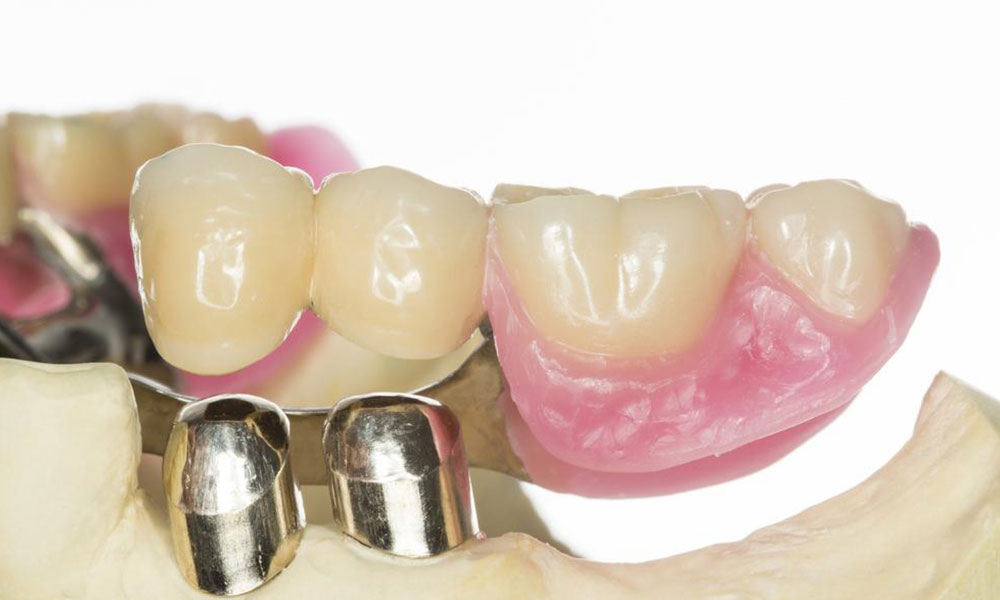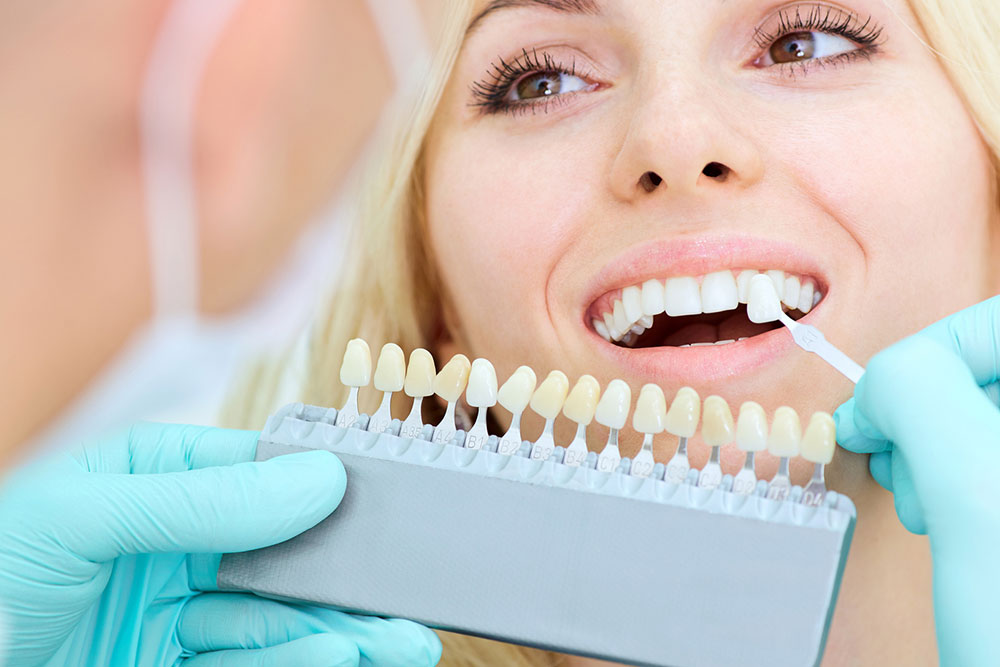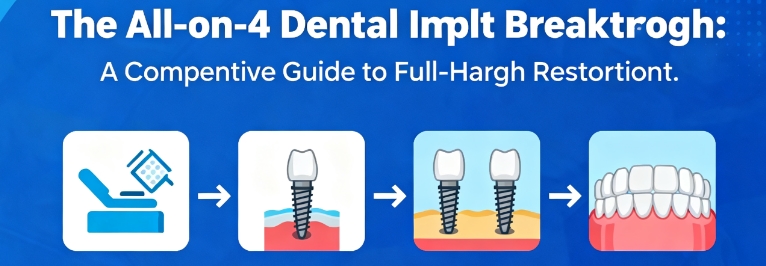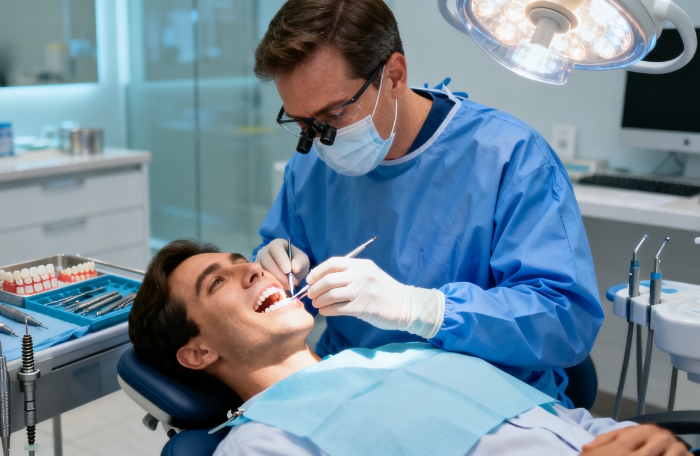Comprehensive Guide to Fixed Dental Prostheses
Discover everything about fixed dental prostheses, including types like bridges, crowns, and implants. Learn about their benefits, durability, and how they restore natural function and appearance. Perfect for those seeking a long-term, stable solution for missing teeth, these restorations enhance confidence and oral health with lasting results. Consult your dentist for tailored advice to find the best option for your needs.
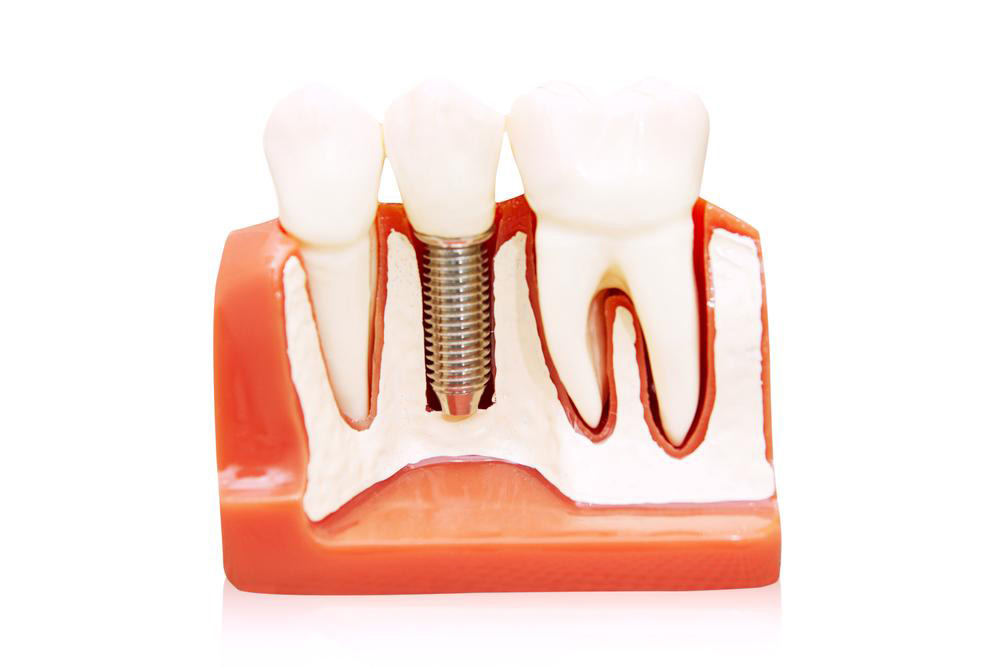
Comprehensive Guide to Fixed Dental Prostheses
Replacing missing or damaged teeth is a common dental procedure that restores confidence and functionality. When opting for permanent solutions, fixed dental prostheses are an excellent choice, offering stability and a natural look.
Comparison of Removable and Fixed Dentures
Removable dentures can be taken out easily and are often more affordable, but they may shift or cause discomfort. Fixed prostheses, however, are permanently attached and require professional removal if needed, providing increased comfort and stability.
Types of Permanent Dental Restorations
Your dentist will recommend the most suitable option based on your dental condition.
Options include:
Bridges: Fixed devices that replace one or more missing teeth, supported by adjacent healthy teeth which are reshaped to hold the bridge.
Crowns: Caps placed over damaged or fractured teeth to restore shape and function.
Implants: Synthetic roots anchored into the jawbone that support crowns or bridges, offering durability and stability without relying on neighboring teeth.
Advantages of Permanent Tooth Replacement
Choosing permanent solutions offers multiple benefits:
Realistic appearance and feel: They resemble natural teeth in look and function, providing comfort and confidence.
Optimal functionality: Fixed restorations stay securely in place, allowing for normal eating without shifting or clicking.
Enhanced speech: Restorations improve clarity by correcting speech impairments caused by dental issues.
Reduced embarrassment: Stable teeth eliminate concerns over slipping or falling out, boosting self-esteem.
Longevity and durability: With proper care, these restorations last 5-10 years, with periodic adjustments for bone changes.
Better oral health: Stable restorations prevent gum irritation and facilitate effective chewing, promoting overall oral hygiene.
Permanent dental prostheses have become a top choice for individuals seeking durable, natural-looking, and functional tooth replacements without restrictions.


